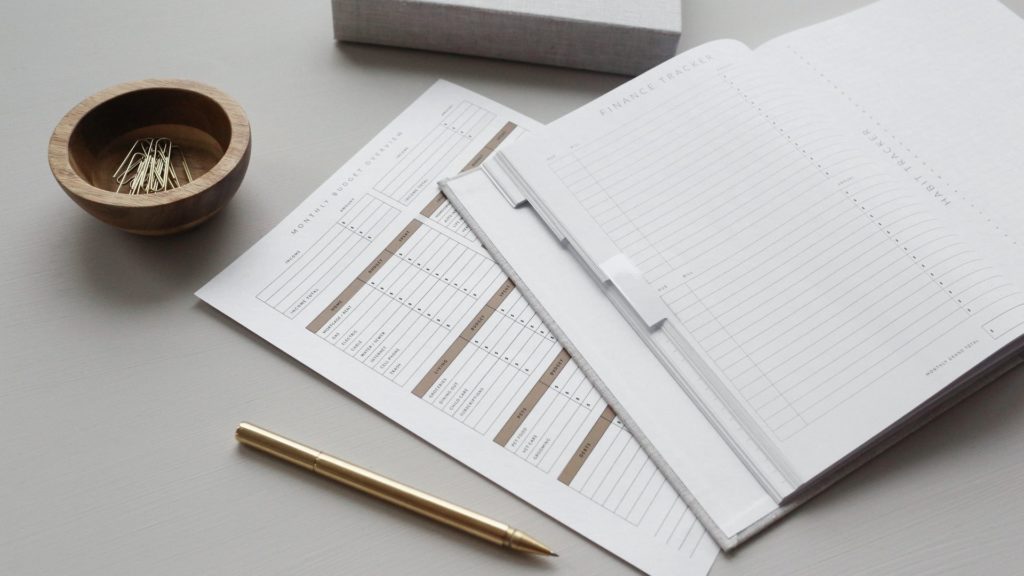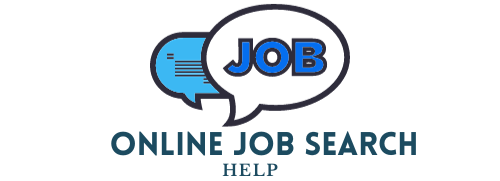What Are The Most Common Budget Analyst Interview Questions?
Budget analysts are highly sought after in the job market and for good reason. The Bureau of Labor Statistics expects employment growth of 16% through 2026. This is much faster than average! What’s more, budget analysts enjoy a median salary higher than $76K per year as well as great benefits like 401k plans and paid vacation days. Now you might be curious about the different budget analyst interview questions so we have some here for you to help you prepare for your interview.
So, what can you expect in a budget analyst interview? Most likely, you will be asked about your experience with financial analysis and forecasting, budgeting and forecasting processes, and Excel skills. You may also be asked some situational questions, such as how you would handle a difficult budgetary situation or how you would allocate resources in a constrained environment.
Be prepared for these questions and more by studying the most common budget analyst interview questions below.
- What is your experience with financial analysis and forecasting?
- How would you handle a difficult budgetary situation?
- What are your Excel skills like?
- How would you allocate resources in a constrained environment?
- What is your experience with budgeting and forecasting processes?
- What are your thoughts on the role of budget analysts in organizations?
- How do you think budget analysts can contribute to organizational success?
- Do you have any questions for us?
The last question is always a chance for you to ask any questions you may have about the job or the company. Be sure to come prepared with a few questions of your own! And remember, the more prepared you are for an interview, the better your chances of getting the job.

Table of Contents
Budget Analyst Questions: Interviewer’s Perspective
Resources are properly distributed among units thanks to budget analysts. Public sector jobs are most common, however, they can also be found in private firms.
A bachelor’s degree is normally required for applicants. If you’re looking for a senior budget analyst, candidates with a master’s degree may be more desirable. Experience in budgeting and finance jobs can occasionally replace formal education as a prerequisite for certain positions. Unless you’re searching for an entry-level position, you should be seeking someone with relevant experience. If you’re interviewing candidates for a specific position, ask them about their suitability for that position. If you run a consulting firm, for example, you should make certain that the people you hire have the skills necessary to meet the needs of your clients (e.g. being aware of regulations that pertain only to government agencies).
In your interview, use situational and behavioral questions to get a sense of the candidate’s soft skills. To succeed, you’ll need a keen eye for detail, as well as the ability to think critically and clearly. Because budget analysts generally operate under tight deadlines, it’s important to learn about their time management and multitasking abilities.
Situational And Operational
- Explain the process of creating a budget to me.
- Describe the process you use to prepare a forecasting document for me.
- Just what kind of information do you need in order to evaluate an application for financial support?
- Suppose an executive tells you there is some discrepancy between the department’s approved budget and the amount of money spent. What are you going to do?
- Do you have a method for prioritizing many budgets that you’re working on at the same time?
Role-targeted Inquiries
- In what ways have you used a cost-benefit analysis before?
- On a scale of one to ten, how would you evaluate your ability to analyze data?
- Do you believe that a budget analyst’s profession needs collaboration with others? Why?
- Is it possible to keep your eye on the ball while creating a budget?
Behavioral Questions
- Describe an occasion when you offered a recommendation that resulted in major cost-saving measures.
- In your memory, recall a period when you were forced to justify an executive’s budget recommendation to him or her. Was it accepted in the end or not?
- Tell me about a time an audience comprised of people from a variety of fields required you to deliver your budget recommendations. How did you communicate with everyone?
- Tell me about a moment when you used financial data to solve a problem.
- If you and your department’s boss disagreed on a budget, what would you do?
How Much Do Budget Analysts Earn?
According to PayScale, the median salary for a budget analyst is $59,408. The lowest 10% earn less than $41,669, and the highest 10% earn more than $83,512. Salaries may vary depending on experience level, location, and other factors.

How To Excel Budget Analyst Interview Questions
The budget analyst position is one that is extremely important to organizations, as they are responsible for ensuring that resources are properly allocated. This means that the interviewer will likely be looking for specific qualities when interviewing candidates for the role.
If you’re seeking a job as a budget analyst, it’s important to be prepared for questions that may be asked. The interviewer is likely to want to know about your experience in budgeting and finance, as well as your ability to think critically and clearly. They may also ask situational and behavioral questions in order to get a sense of your soft skills.
In order to excel during a budget analyst interview, it’s important to be familiar with the qualities that are important for the role. These include being able to pay attention to detail, having strong critical thinking skills, and being able to work under pressure. It’s also important to be familiar with the types of questions that may be asked so that you can be prepared to answer them.
Prepare for your interview by studying the job description and researching the qualities that are important for a budget analyst. Familiarize yourself with the types of questions that may be asked, and practice answering them. Be sure to arrive at your interview early, dressed professionally, and with a positive attitude.
Benefits Of Being A Budget Analyst
There are a number of benefits to being a budget analyst. These include the ability to work with various teams in order to achieve common goals, the opportunity to use critical thinking skills, and the ability to develop financial models. Additionally, budget analysts often have a high degree of job security and may be able to work remotely.






